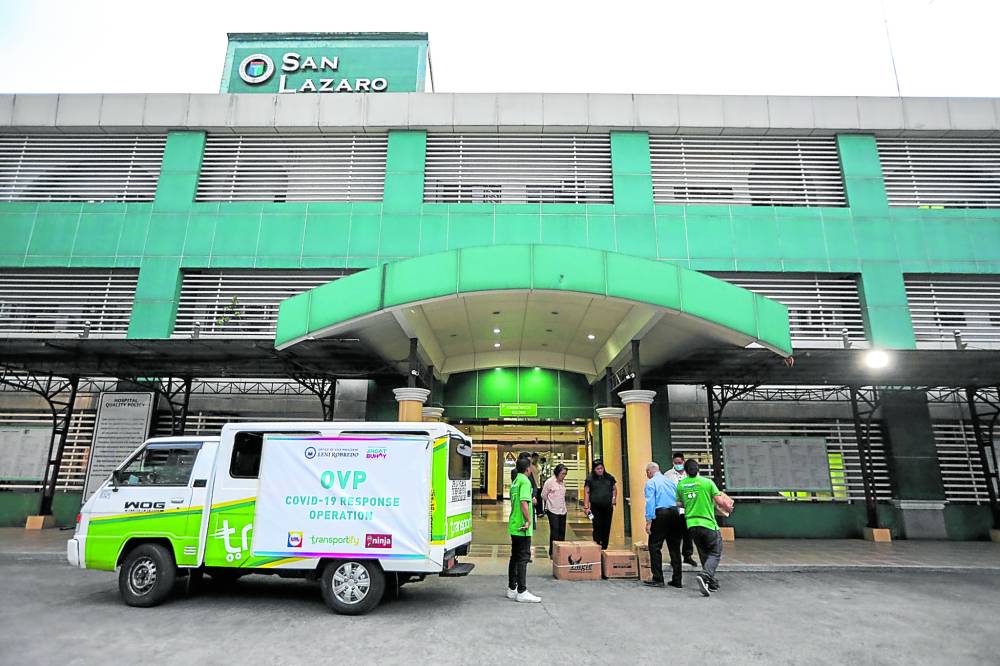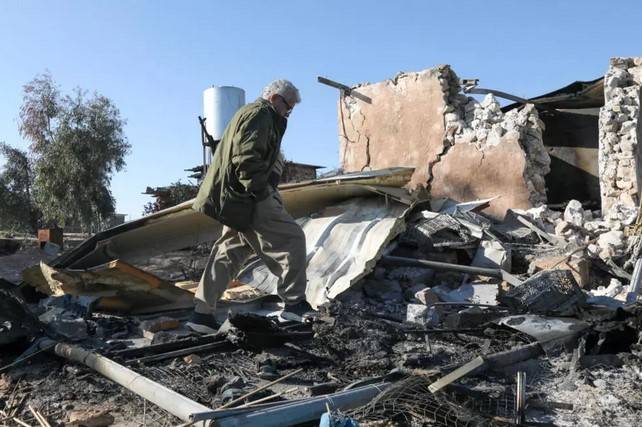Hospitals: 52 deaths due to leptospirosis

Hospital admissions and deaths due to leptospirosis continued to rise in government hospitals on Sunday, even as physicians expressed hope that patients would promptly seek medical attention for the curable disease.
The Department of Health’s (DOH) San Lazaro Hospital in Manila reported that it had 130 admissions of leptospirosis patients with 15 fatalities.
The government’s National Kidney Transplant Institute (NKTI) in Quezon City has also reported continuing admissions of cases, with at least 13 deaths since the start of the year.
The NKTI and the East Avenue Medical Center, also in Quezon City, had earlier reported overcapacity due to leptospirosis cases.
The situation was worse in Quezon City, which has reported at least 207 cases, with at least 24 deaths from Jan. 1 to Aug. 3, according to the city’s health department.
The number of fatalities was only from hospitals that reported them and excludes those that did not report the number of cases or deaths or withheld them for unknown reasons.
But physician Rontgene Solante, an infectious diseases expert at San Lazaro, is hoping that the current surge may have reached its peak and numbers may taper down in the coming days.
“I think this is the peak of the surge,” Solante said in a radio interview on Sunday. “I think it would not escalate into a health emergency.”
“If we are going to extend the incubation to three weeks, it seems like we will still have leptospirosis cases next week, but fewer,” he added.
Physician David Suplico, San Lazaro’s medical director, affirmed that they may see a reduction in cases because their admissions for leptospirosis have begun to plateau.
Both physicians stressed that leptospirosis is treatable and the country has enough medicine and equipment to tackle it.
Suplico, however, lamented the deaths and noted that patients didn’t know that prophylaxis was needed to cure the bacterial infection that, in minor cases, usually resolves itself, like a cold.
But in many cases, the infection can quickly progress to a deadly stage. Thus, the need for medical attention.
“Most of our patients didn’t take any prophylaxis. They weren’t given doxycycline to prevent complications,” Suplico said, adding that even severe cases can be cured, so long as the patient is given the proper and immediate treatment.
The DOH also reiterated that the country’s health system is sufficiently equipped and supplied to handle leptospirosis, which is deemed an endemic disease.
“Our health system can handle it,” said Assistant Health Secretary Albert Domingo, also the DOH spokesperson.
But it appears the surge and the resulting deaths were mainly due to the speed and scope of the infection.





















